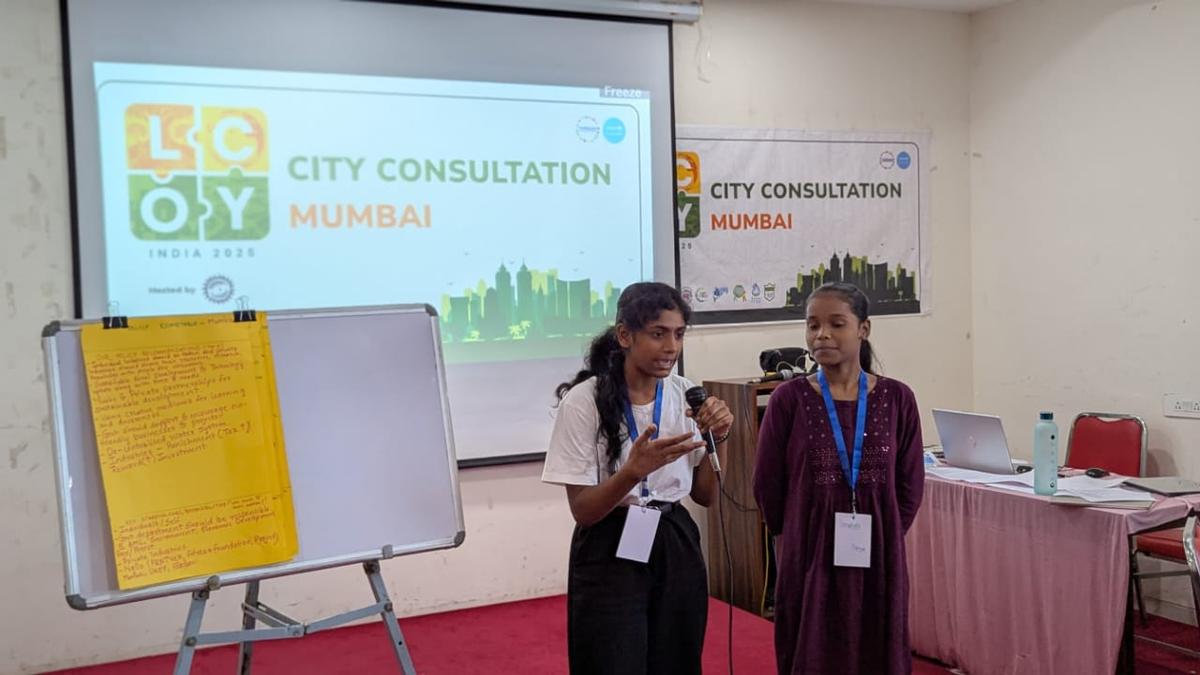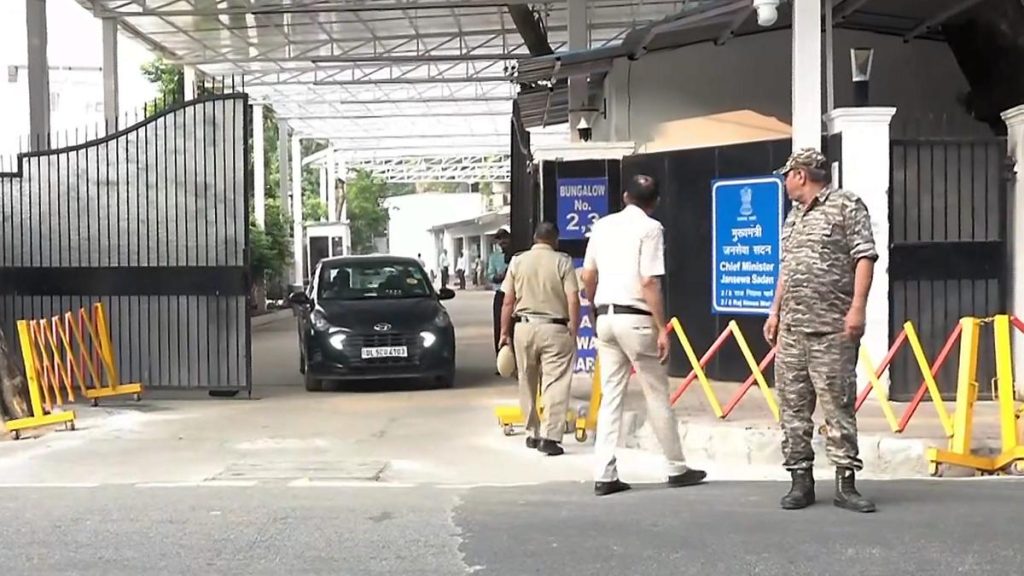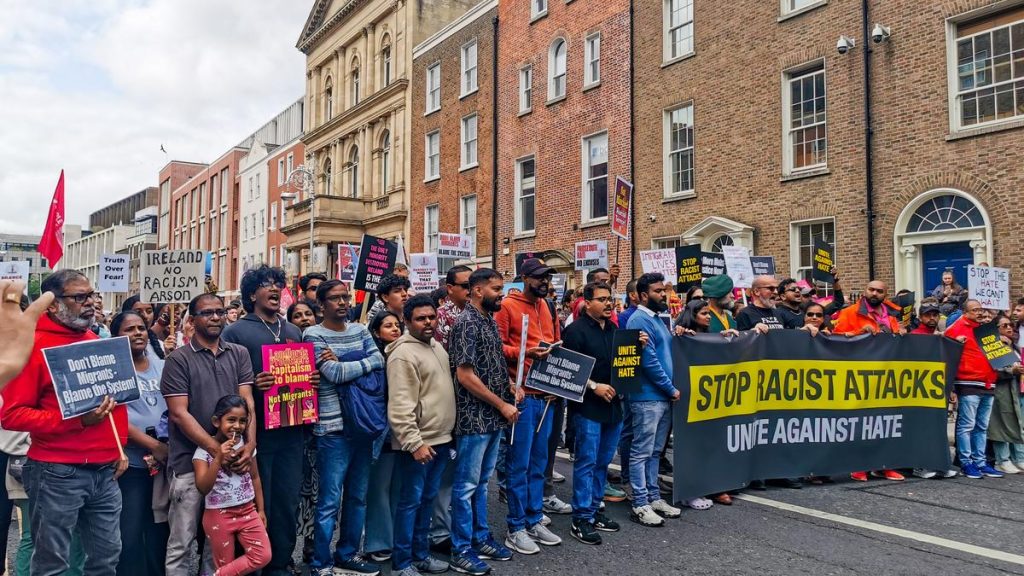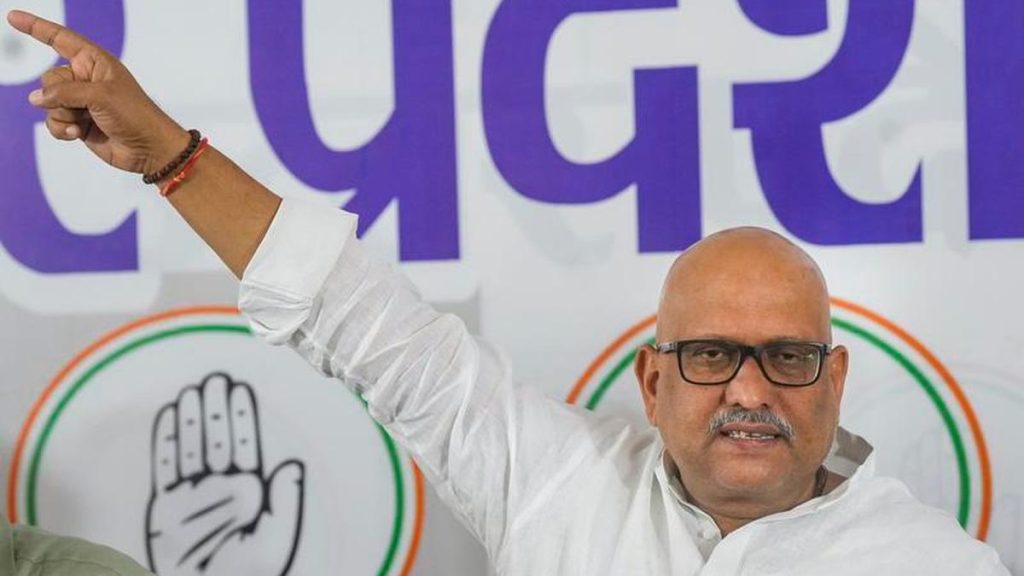Now Reading: Mumbai Youth Drive Climate Talks Ahead of COP30 in Brazil
-
01
Mumbai Youth Drive Climate Talks Ahead of COP30 in Brazil
Mumbai Youth Drive Climate Talks Ahead of COP30 in Brazil

Swift Summary
- Event: climate consultation in Mumbai on August 22, 2025, aimed at shaping India’s contribution to COP30 in Brazil (November 2025).
- Participants: 45 attendees aged between 13-25 from across Maharashtra.
- Organizers & Partners: Hosted by the Indian Youth Climate Network (IYCN), UNICEF India, and sattvic Soul Foundation (SSF), with support from Agro Rangers, NSS, Mazi Vasundhara, Pratyek’s NineIsMine platform, and Maharashtra State Climate Action Cell.
- Activities: Participatory workshops and interactive sessions focused on urban flooding, heat waves, biodiversity loss, water efficiency/resilience measures aligned with Maharashtra’s State Action Plan on climate Change (SAPCC).
- Key Quotes:
– Pakhi Das emphasized youth empowerment through local experiences and just transitions as solutions to the climate crisis.- Shreya Sahe highlighted lasting mobility and waste management for Mumbai’s dense population dynamics.
– Yusuf Kabir pointed to state tools like Mazi Vasundhara integrating Children’s Climate Risk index into policy planning processes.
- Purpose: Consolidating city consultations across India into a National Youth Statement for COP30 under YOUNGO-the UNFCCC’s official youth constituency.
Indian Opinion Analysis
Mumbai’s climate consultation reflects a significant step in India’s grassroots engagement with global environmental priorities ahead of COP30. Facilitating dialog among young participants fosters proactive policymaking rooted in lived realities such as urban flooding or biodiversity loss-issues highly relevant for cities like Mumbai. This focus aligns well with broader developmental goals outlined under Maharashtra’s SAPCC but achieves international alignment through platforms like YOUNGO.
The collaborative model between government initiatives (e.g., Mazi Vasundhara) and youth-driven networks showcases a productive ecosystem for evidence-based action plans integrating local knowledge within global frameworks like UNICEF’s Children’s climate Risk index. However, outcomes will depend heavily on follow-through measures ensuring these recommendations translate effectively into policy impact at both national and global levels during COP30 deliberations.For detailed coverage: Read more.
























